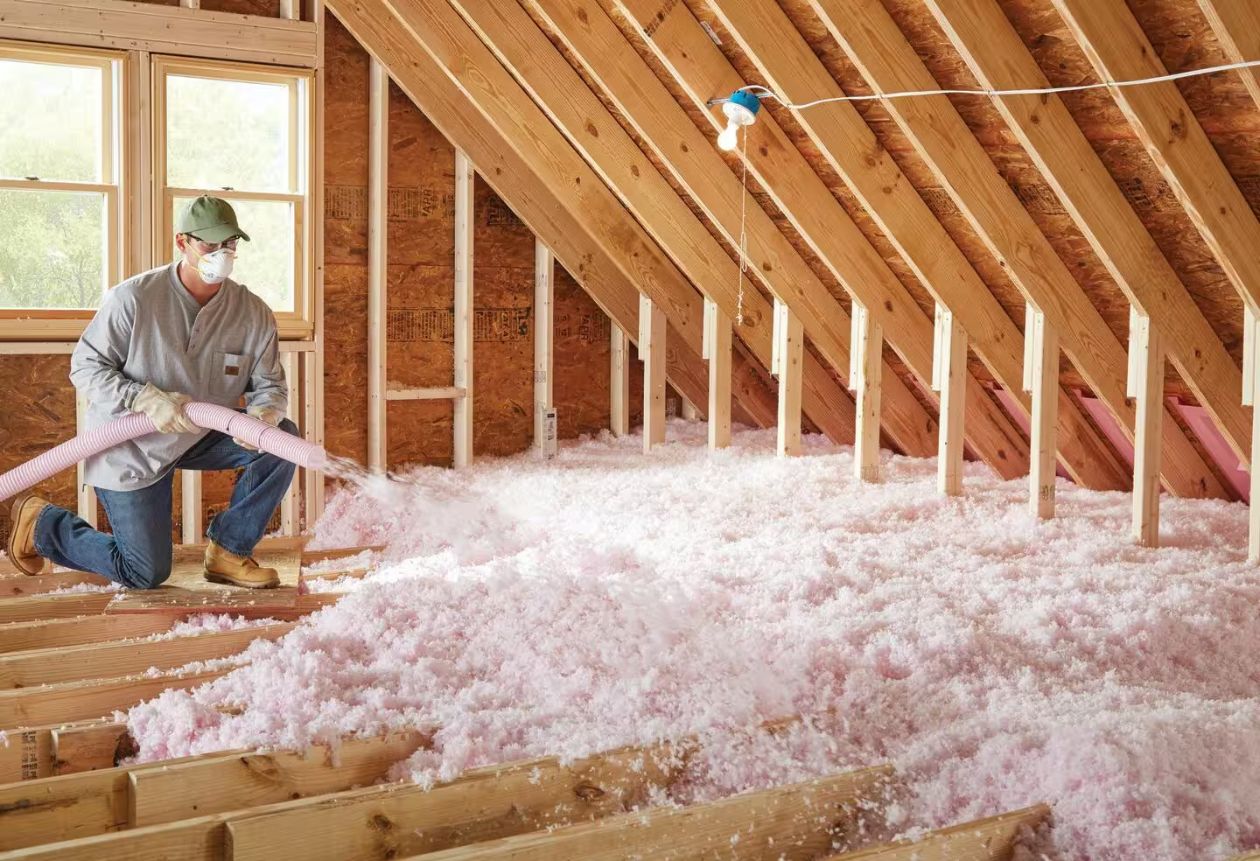

Articles
How Much Is Insulation At Home Depot
Modified: October 20, 2024
Discover the cost of insulation at Home Depot with our informative articles. Learn everything you need to know about insulating your home efficiently and affordably.
(Many of the links in this article redirect to a specific reviewed product. Your purchase of these products through affiliate links helps to generate commission for Storables.com, at no extra cost. Learn more)
Introduction
When it comes to keeping your home comfortable and energy-efficient, insulation plays a crucial role. It helps to maintain consistent indoor temperatures, reduce energy consumption, and even lower utility bills. Whether you’re building a new home or looking to upgrade your existing insulation, Home Depot is a go-to destination for all your insulation needs.
Home Depot offers a wide range of insulation options that cater to different budgets, project requirements, and environmental concerns. From traditional fiberglass insulation to more advanced spray foam and cellulose options, there is something for every homeowner at Home Depot. In this article, we’ll explore the various types of insulation available at Home Depot, delve into the pricing options, and provide valuable tips for selecting the right insulation for your home.
Before we dive into the details, it’s important to understand the different types of insulation and their respective benefits. Let’s take a closer look at the options offered at Home Depot:
Key Takeaways:
- Home Depot offers a diverse range of insulation options, catering to different budgets and project needs. From affordable fiberglass to advanced spray foam, homeowners can find the perfect fit for their energy efficiency goals.
- When purchasing insulation at Home Depot, consider factors such as type, R-value, quantity, and regional variations to make a cost-effective decision. Take advantage of promotions and discounts to maximize savings on your insulation project.
Types of insulation available at Home Depot
1. Fiberglass insulation: Fiberglass insulation is one of the most common and cost-effective types of insulation available at Home Depot. It is made from tiny glass fibers that trap air, creating a barrier against heat transfer. Fiberglass insulation is available in batts, rolls, or loose-fill forms, making it versatile for different installation needs. It is resistant to moisture and fire, and can effectively reduce noise transmission. Homeowners often choose fiberglass insulation for its affordability and ease of installation.
2. Spray foam insulation: Spray foam insulation is a more advanced and energy-efficient option offered at Home Depot. It is made from a combination of chemicals that expand and harden upon application. Spray foam insulation creates a seamless seal that fills gaps and cracks, providing superior insulation and air sealing properties. It offers excellent thermal performance, moisture resistance, and durability. Although spray foam insulation can be more expensive than other options, its long-term energy savings often outweigh the initial cost.
3. Cellulose insulation: Cellulose insulation is an environmentally-friendly option available at Home Depot. It is made from recycled paper materials treated with fire retardants. Cellulose insulation is commonly used in attics, walls, and crawl spaces. It offers good thermal and sound insulation properties and can be easily installed using a blowing machine. Cellulose insulation is a preferred choice for those looking for effective insulation while minimizing their environmental impact.
4. Reflective insulation: Reflective insulation is another option offered at Home Depot to provide thermal regulation and reduce radiant heat transfer. It consists of a layer of reflective material, such as aluminum foil, that reflects heat instead of absorbing it. Reflective insulation is often used in hot climates to keep homes cool and can be installed in attics, walls, or crawl spaces. It is lightweight, easy to install, and relatively affordable.
5. Rigid foam insulation: Rigid foam insulation, also known as foam board insulation, is a versatile option available at Home Depot. It is made from polystyrene, polyisocyanurate, or polyurethane and comes in rigid panels or boards. Rigid foam insulation offers high R-value (thermal resistance) and is commonly used in exterior walls, roofs, and foundations. It provides excellent insulating properties, moisture resistance, and strength. Rigid foam insulation may be pricier than other options, but its long-term performance and durability make it a worthwhile investment.
Now that we have explored the different types of insulation available at Home Depot, let’s move on to understanding the pricing options and factors that affect insulation prices.
Fiberglass Insulation
Fiberglass insulation is one of the most widely used and popular types of insulation available at Home Depot. It is made of extremely fine glass fibers that are densely packed together. The unique structure of fiberglass insulation allows it to effectively trap air pockets, providing excellent thermal insulation for homes.
One of the major advantages of fiberglass insulation is its affordability. It is relatively inexpensive compared to other types of insulation, making it a cost-effective option for homeowners on a budget. Additionally, fiberglass insulation is easy to install, even for those with limited DIY experience. It comes in batts and rolls, which can be cut to fit the desired spaces and conveniently placed between wall studs, in attics, or in floor joists.
In terms of performance, fiberglass insulation has a decent R-value, which measures the material’s resistance to heat transfer. The higher the R-value, the better the insulation. Home Depot offers a wide range of fiberglass insulation products with varying R-values, allowing homeowners to choose the most appropriate option for their specific climate and energy efficiency needs.
Another advantage of fiberglass insulation is its resistance to moisture. Unlike some other insulation materials, fiberglass does not absorb water, making it effective in preventing moisture-related issues like mold and mildew growth. This makes it suitable for use in areas that are prone to high humidity or in buildings with potential moisture concerns.
It is important to note that installation plays a significant role in the overall performance of fiberglass insulation. To achieve optimal results, proper installation techniques must be followed. This includes ensuring a snug fit, avoiding compressed or gaps in the insulation, and proper sealing to prevent air leakage.
Fiberglass insulation is also known for its fire-resistant properties. It is made with non-combustible materials and is commonly used in fire stops and fire-resistant assemblies to help prevent the spread of flames in case of a fire.
Overall, fiberglass insulation is a versatile and cost-effective option for homeowners looking to improve their home’s energy efficiency and comfort. With its affordability, ease of installation, and decent insulation properties, it remains a popular choice at Home Depot.
Now that we have explored fiberglass insulation, let’s move on to another type of insulation available at Home Depot – spray foam insulation.
Spray Foam Insulation
Spray foam insulation is a highly effective and advanced type of insulation available at Home Depot. It has gained popularity in recent years due to its superior performance and energy-saving benefits. Unlike traditional insulation options like fiberglass or cellulose, spray foam insulation is applied as a liquid that expands and hardens into a foam-like substance.
One of the key advantages of spray foam insulation is its exceptional air sealing properties. When applied, the liquid foam expands and fills every nook and cranny, creating a tight and seamless seal. This helps to eliminate gaps and cracks where air can leak, resulting in significant energy savings and improved indoor comfort. The superior air sealing of spray foam insulation can reduce air infiltration, keeping the conditioned air inside the home and preventing outside drafts.
In addition to air sealing, spray foam insulation also provides excellent thermal insulation. Its high R-value (thermal resistance) means that it effectively slows down the transfer of heat, keeping homes cooler in summer and warmer in winter. This can result in lower energy bills and a more comfortable living environment all year round.
Another advantage of spray foam insulation is its ability to conform to irregular shapes and surfaces. It can be sprayed directly onto open-wall cavities, between roof rafters, and in other hard-to-reach areas, ensuring complete coverage and maximum insulation performance. This versatility makes spray foam insulation a viable option for both new construction and retrofitting existing homes.
It is important to note that spray foam insulation requires professional installation. Due to the nature of the material and the equipment needed, it is recommended to hire a trained and experienced contractor to ensure proper application and safety. While the initial cost of spray foam insulation may be higher compared to other types of insulation, the long-term energy savings and improved comfort often offset the investment.
Furthermore, spray foam insulation also offers additional benefits such as moisture resistance and soundproofing. The foam creates a barrier that helps to prevent moisture infiltration and can reduce the transmission of noise between rooms or from outside sources.
Overall, spray foam insulation is a top-of-the-line option for homeowners looking for optimal energy efficiency and enhanced comfort. With its exceptional air sealing properties, superior thermal insulation, and ability to conform to any area, spray foam insulation continues to be a sought-after choice at Home Depot.
Now let’s explore another type of insulation available at Home Depot – cellulose insulation.
Cellulose Insulation
Cellulose insulation is an environmentally-friendly and effective option available at Home Depot for homeowners looking to improve their home’s energy efficiency. It is made from recycled materials, primarily newspapers and other paper products that have been treated with fire-retardant chemicals.
One of the key advantages of cellulose insulation is its excellent thermal insulation properties. It has a high R-value, which means it has a strong resistance to heat transfer. This helps to keep homes warm in winter and cool in summer, reducing the need for excessive heating or cooling and ultimately saving on energy costs.
Cellulose insulation is typically installed as loose-fill insulation. It can be blown into attics, wall cavities, and other hard-to-reach areas using special machinery. The loose-fill form allows cellulose insulation to fill tight spaces, creating a dense and effective barrier against heat loss or gain. It also provides good sound insulation, reducing noise transmission from outside sources or between rooms.
In addition to its insulation properties, cellulose insulation is highly resistant to pests and mold. The fire-retardant chemicals used in its manufacturing process provide added protection against fire hazards. This makes cellulose insulation a safe and durable choice for homes.
Cellulose insulation is an eco-friendly option as it is made from recycled materials. It diverts waste paper from landfills and reduces the need for new raw material extraction. The manufacturing process of cellulose insulation also consumes less energy compared to other insulation materials. By choosing cellulose insulation, homeowners can contribute to sustainability efforts and reduce their environmental impact.
It is important to note that proper installation is essential for the performance of cellulose insulation. The insulation must be evenly distributed and installed at the correct density to ensure optimal thermal performance. Hiring a professional contractor who is experienced in cellulose insulation installation is recommended to achieve the best results.
In terms of cost, cellulose insulation is generally more affordable compared to options like spray foam insulation. Its lower price point, combined with its insulation effectiveness and eco-friendly nature, makes cellulose insulation a popular choice among homeowners and contractors alike.
Overall, cellulose insulation offers a viable and environmentally-conscious solution for homeowners seeking to improve energy efficiency and reduce utility costs. With its thermal insulation properties, soundproofing capabilities, pest resistance, and sustainability benefits, cellulose insulation remains a reliable choice at Home Depot.
Now, let’s move on to discussing insulation pricing at Home Depot.
When purchasing insulation at Home Depot, consider the R-value needed for your specific area and the type of insulation (fiberglass, cellulose, foam) that best suits your needs. Research the different options available to find the best fit for your home.
Read more: How Much Are Boxes At Home Depot
Insulation Pricing at Home Depot
When it comes to insulation pricing, Home Depot offers a wide range of options to fit different budgets and project requirements. The cost of insulation can vary depending on several factors, including the type of insulation, the desired R-value, the size of the area to be insulated, and regional pricing variations.
At Home Depot, fiberglass insulation is generally the most affordable option. The cost can range from $0.25 to $0.75 per square foot for batts or rolls, depending on the R-value and brand. Loose-fill fiberglass insulation is usually priced between $0.35 and $0.70 per square foot.
Spray foam insulation, being a more advanced and energy-efficient option, typically carries a higher price tag. The cost of spray foam insulation at Home Depot can range from $1.50 to $3 per square foot, depending on the thickness and application requirements.
Cellulose insulation falls in-between fiberglass and spray foam in terms of pricing. The cost of cellulose insulation at Home Depot can range from $0.50 to $1.50 per square foot for loose-fill installation.
It is important to note that these price ranges are approximate and may vary based on location and availability. It’s always recommended to check with your local Home Depot for specific pricing and promotions.
In addition to the cost of insulation materials, it’s worth considering other associated costs such as tools and equipment needed for installation. For example, installing fiberglass insulation may require a utility knife, insulation supports, or a stapler. Spray foam insulation typically demands professional installation, which may incur additional labor costs.
Home Depot often offers discounts, promotions, and bundle deals on insulation products, so it’s advisable to keep an eye out for special offers that can help save money on your insulation project. In-store sales representatives and online product descriptions can provide more information on current pricing and any available discounts.
When planning your insulation project, it’s essential to consider the long-term benefits of energy savings and increased home comfort that come with proper insulation. While the initial investment in insulation may seem significant, the potential reduction in energy bills and improved indoor environment make it a worthwhile expense in the long run. Investing in quality insulation can also increase the value of your home.
Next, we’ll discuss the factors that can affect insulation prices to help you understand the variations and make an informed decision.
Factors Affecting Insulation Prices
Several factors can influence the pricing of insulation at Home Depot and other retailers. It’s important to understand these factors to make an informed decision and budget accordingly for your insulation project. Here are some key factors that can affect insulation prices:
1. Type of insulation: Different types of insulation materials have varying production costs, availability, and manufacturing processes, which can impact their prices. For example, fiberglass insulation is generally more affordable compared to spray foam insulation due to differences in materials and application methods.
2. R-value: The desired level of thermal resistance, also known as the R-value, can influence insulation prices. Insulation with higher R-values typically has better performance and may cost more. Consider the specific climate and energy efficiency requirements of your region when selecting the appropriate R-value for your insulation needs.
3. Quantity and area to be insulated: The total square footage of the area you need to insulate will impact the overall cost. Larger areas will require more insulation material, resulting in higher prices. Additionally, bulk purchases of insulation materials may be eligible for volume discounts, so it’s worth considering when planning your project.
4. Installation complexity: The complexity of the installation process can affect insulation prices. Some insulation materials, such as spray foam or blown-in cellulose, may require professional installation due to special equipment or technical expertise. Hiring a contractor for installation can add to the overall cost of the project.
5. Regional variations: Insulation prices can also vary based on regional factors, such as market demand, supply chain logistics, and transportation costs. Prices may differ between urban and rural areas or different states due to local market dynamics.
6. Brand and quality: The brand and quality of insulation can impact pricing. Well-known and trusted brands may command higher prices due to their reputation for quality and performance. It’s important to consider not only the upfront costs but also the long-term benefits of investing in reliable and durable insulation materials.
7. Promotional offers and discounts: Home Depot often offers promotions, bundle deals, or seasonal discounts on insulation products. Keeping an eye out for these special offers can help you save money on your insulation project. It’s advisable to check the Home Depot website, weekly ads, or consult with in-store sales representatives for current promotions.
By considering these factors and understanding their impact on insulation prices, you can make an informed decision and choose the most suitable insulation option that meets your needs and budget.
Next, let’s compare the prices of different insulation types available at Home Depot to determine the best option for your home.
Comparison of Insulation Prices at Home Depot
When it comes to choosing the right insulation for your home, price is often a crucial factor to consider. Here is a comparison of the prices of different insulation types available at Home Depot to help you make an informed decision:
1. Fiberglass insulation: Fiberglass insulation is the most affordable option at Home Depot. The cost typically ranges from $0.25 to $0.75 per square foot for batts or rolls, depending on the R-value and brand. Loose-fill fiberglass insulation is generally priced between $0.35 and $0.70 per square foot. Fiberglass insulation offers decent insulation performance at an affordable price point, making it a popular choice for homeowners on a budget.
2. Spray foam insulation: Spray foam insulation is a premium option that delivers superior energy efficiency and air sealing properties. However, it comes with a higher price tag compared to other types of insulation. The cost of spray foam insulation at Home Depot can range from $1.50 to $3 per square foot, depending on the thickness and application requirements. While the initial investment may be higher, the long-term energy savings and improved comfort make spray foam insulation a worthwhile investment for many homeowners.
3. Cellulose insulation: Cellulose insulation falls in the mid-range when it comes to pricing. Depending on the brand and installation method, the cost of cellulose insulation at Home Depot can range from $0.50 to $1.50 per square foot for loose-fill installation. Cellulose insulation offers excellent thermal insulation and is known for its eco-friendly properties, making it a popular choice among environmentally-conscious homeowners.
4. Reflective insulation: Reflective insulation is an affordable option for homeowners looking to reduce radiant heat transfer. Home Depot offers various reflective insulation products at different price points. The cost can range from $0.30 to $1 per square foot, depending on the type and thickness of the material. Reflective insulation is often used in hot climates to keep homes cool and can provide good value for its insulating properties.
5. Rigid foam insulation: Rigid foam insulation is a premium option that offers excellent thermal performance and durability. The cost of rigid foam insulation at Home Depot depends on the thickness, type, and brand. Prices typically range from $1.50 to $3 per square foot for rigid panels or boards. While it may be more expensive compared to other options, the long-term performance and energy savings make rigid foam insulation a worthwhile investment for those seeking optimal insulation performance.
It’s important to note that these price ranges are approximate and can vary based on factors such as regional variations, promotions, and quantities purchased. It’s recommended to check with your local Home Depot for specific pricing and availability.
When comparing insulation prices, it’s essential to consider not only the upfront cost but also factors such as insulation performance, energy savings, durability, and installation requirements. Consult with insulation experts, consider your specific needs, budget, and long-term goals to make an informed decision.
Now that you have a better understanding of insulation prices at Home Depot, let’s move on to some tips for buying insulation at Home Depot to ensure a successful and cost-effective purchase.
Tips for Buying Insulation at Home Depot
When it comes to purchasing insulation at Home Depot, it’s important to make an informed decision to ensure that you choose the right type and quantity for your needs. Here are some helpful tips to consider when buying insulation:
1. Assess your insulation needs: Begin by evaluating the areas in your home that require insulation. Determine whether you need insulation for walls, attics, floors, or other spaces. Consider factors such as the climate in your region, desired R-value, and any specific energy efficiency goals you have. This will help you select the most appropriate type and quantity of insulation.
2. Research insulation options: Familiarize yourself with the different types of insulation available at Home Depot, such as fiberglass, spray foam, cellulose, reflective, and rigid foam. Understand the benefits, installation requirements, and pricing of each option to determine which one best suits your needs and budget.
3. Calculate the required quantity: Measure the areas where you plan to install insulation to calculate the square footage you’ll need to cover. This will help you determine the quantity of insulation material required. Keep in mind that it’s always better to slightly overestimate the amount needed to ensure complete coverage.
4. Consider the R-value: Take into account the recommended R-value for your region and the specific area you are insulating. Higher R-values provide better insulation, but they may also come at a higher cost. Strike a balance between your desired energy efficiency goals and your budget when selecting the appropriate R-value.
5. Compare prices and quality: Look for insulation options that offer a good balance between cost and quality. Compare prices for different types and brands of insulation at Home Depot, taking into account their insulation performance, durability, and long-term savings. Consider factors such as material quality, fire resistance, moisture resistance, and eco-friendliness.
6. Check for promotions and discounts: Keep an eye out for promotions or discounts offered by Home Depot on insulation products. These deals can help you save money on your purchase. Check the Home Depot website, weekly ads, or consult with in-store sales representatives to find out about any ongoing promotions.
7. Read product reviews: Before making a final decision, read customer reviews and ratings on Home Depot’s website or other trusted sources. This will give you insights into the experiences of other homeowners with the insulation products you are considering, helping you make a more informed choice.
8. Consider professional installation: Depending on the type of insulation you choose, it may require professional installation for optimal results. If you are unsure about the installation process or lack the necessary tools and expertise, hiring a qualified contractor can ensure a proper and efficient installation.
9. Utilize Home Depot’s resources: Take advantage of the resources available at Home Depot, such as online product descriptions, tutorials, and assistance from knowledgeable staff. The Home Depot website provides detailed information about different insulation products, including specifications, installation guides, and customer reviews.
10. Plan for future insulation needs: If you have plans for future insulation projects, such as insulating additional areas or upgrading existing insulation, consider buying in bulk or taking advantage of bundle deals to save on future purchases.
By following these tips, you can make an informed decision when buying insulation at Home Depot, ensuring that you choose the right type, quantity, and quality for your specific needs. Proper insulation will improve energy efficiency, enhance comfort, and potentially reduce utility costs for your home.
Now, let’s conclude our discussion on buying insulation at Home Depot.
Read more: How Much Insulation Is Too Much
Conclusion
Insulation is a crucial aspect of maintaining a comfortable and energy-efficient home. Home Depot offers a wide range of insulation options to suit different budgets, project requirements, and environmental concerns. Whether you’re looking for the affordability of fiberglass insulation, the superior performance of spray foam insulation, or the eco-friendliness of cellulose insulation, Home Depot has you covered.
Understanding the various types of insulation available at Home Depot, such as fiberglass, spray foam, cellulose, reflective, and rigid foam, allows you to make an informed decision based on your specific needs and budget. Each type has its own advantages and considerations, ranging from affordability and ease of installation to thermal performance and environmental impact.
When purchasing insulation at Home Depot, it’s important to consider factors that can affect pricing, such as the type of insulation, desired R-value, quantity required, installation complexity, regional variations, and brand and quality. Comparing prices and considering long-term benefits will help you make a cost-effective decision.
Equipped with the knowledge of insulation options and pricing, it’s important to calculate the required quantity, consider the appropriate R-value for your region, compare prices and quality, and take advantage of any promotions or discounts available at Home Depot. Reading product reviews and utilizing Home Depot’s resources will further support your decision-making process.
Choosing the right insulation not only helps in reducing energy consumption and lowering utility bills but also enhances indoor comfort and contributes to sustainability efforts. By investing in insulation, you are not only improving your home’s energy efficiency but also increasing its value.
Whether you’re a homeowner, contractor, or DIY enthusiast, Home Depot is a reliable source for all your insulation needs. With a wide selection, competitive prices, and knowledgeable staff, Home Depot ensures a smooth and successful insulation project.
So, head over to your local Home Depot or visit their website to explore the vast range of insulation options available. Start enjoying the benefits of a well-insulated home today!
Frequently Asked Questions about How Much Is Insulation At Home Depot
Was this page helpful?
At Storables.com, we guarantee accurate and reliable information. Our content, validated by Expert Board Contributors, is crafted following stringent Editorial Policies. We're committed to providing you with well-researched, expert-backed insights for all your informational needs.
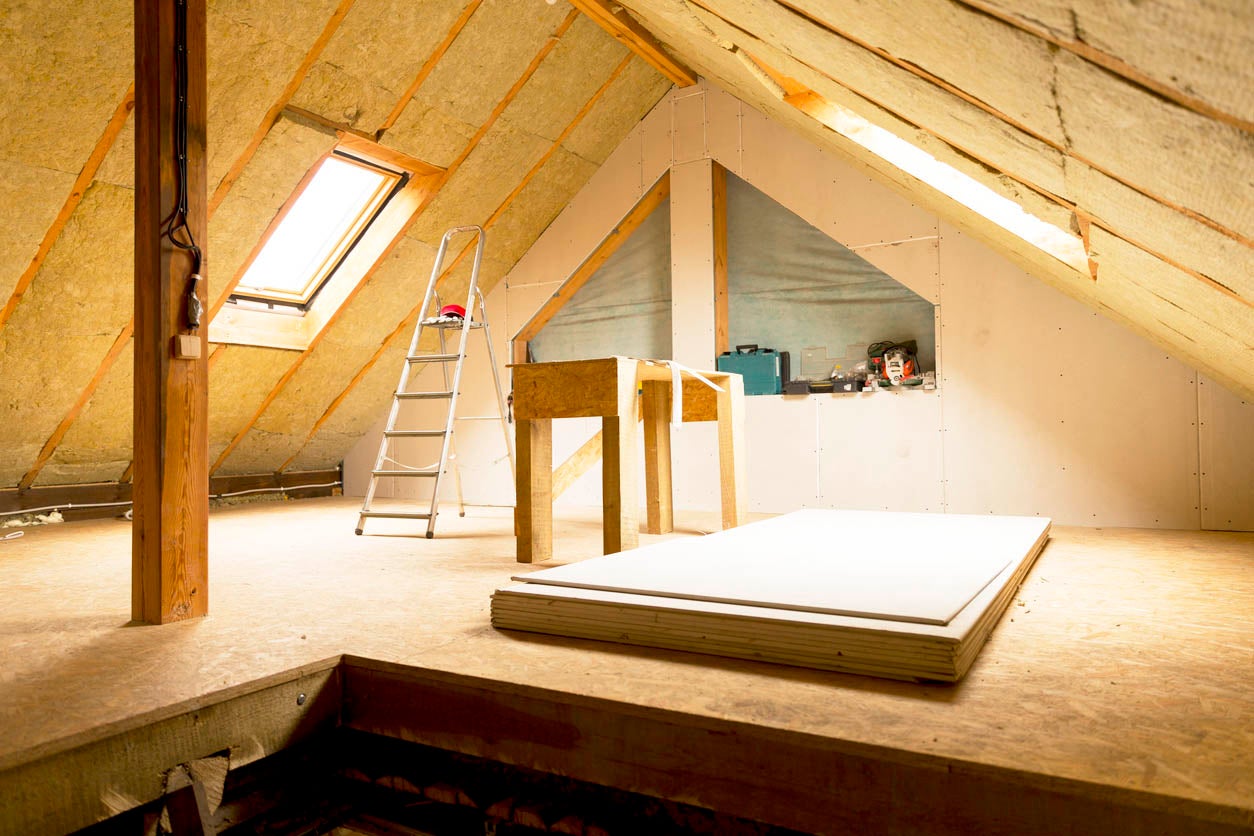
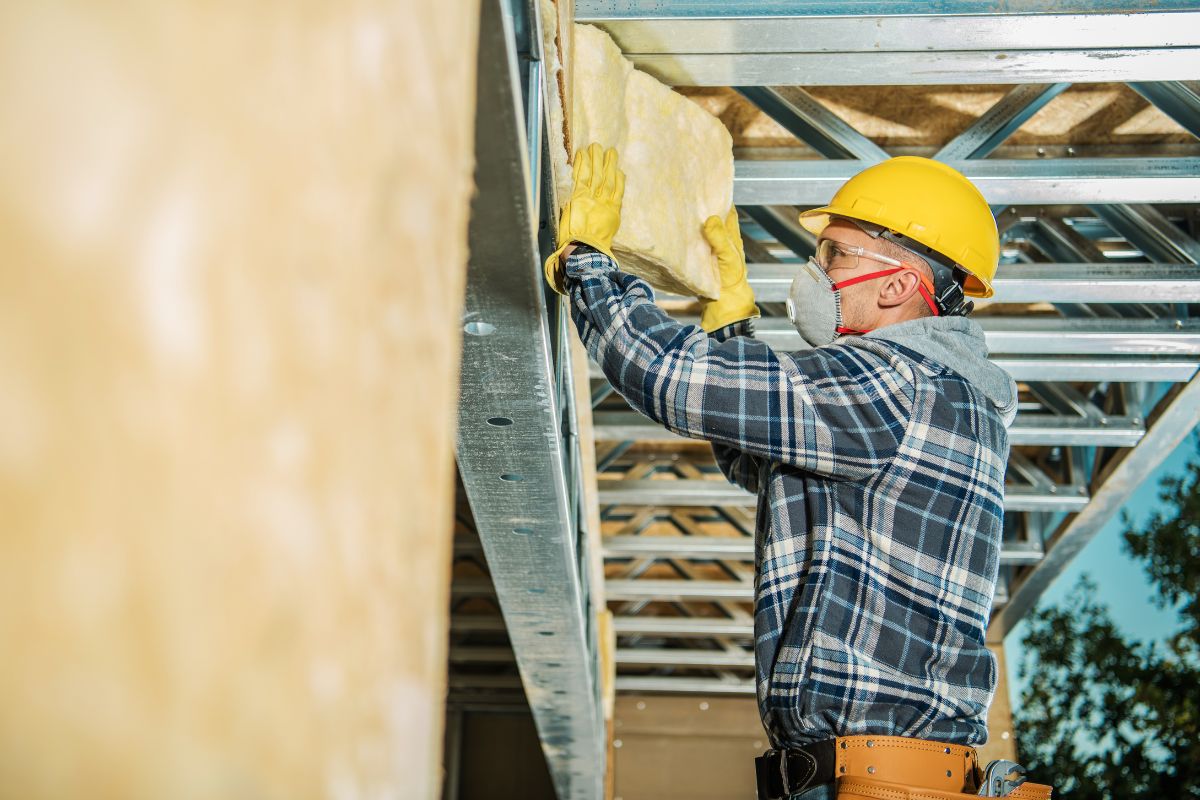
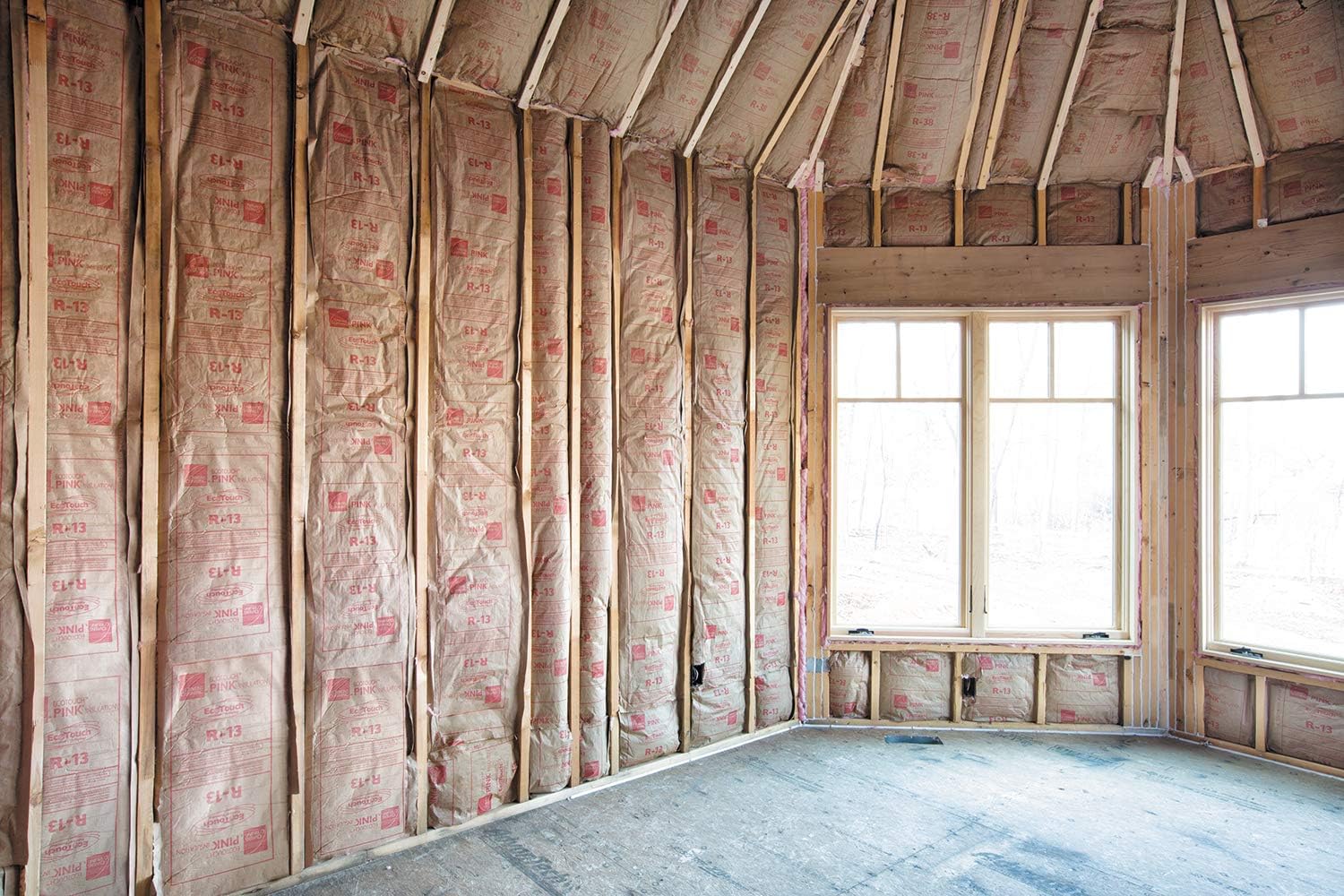
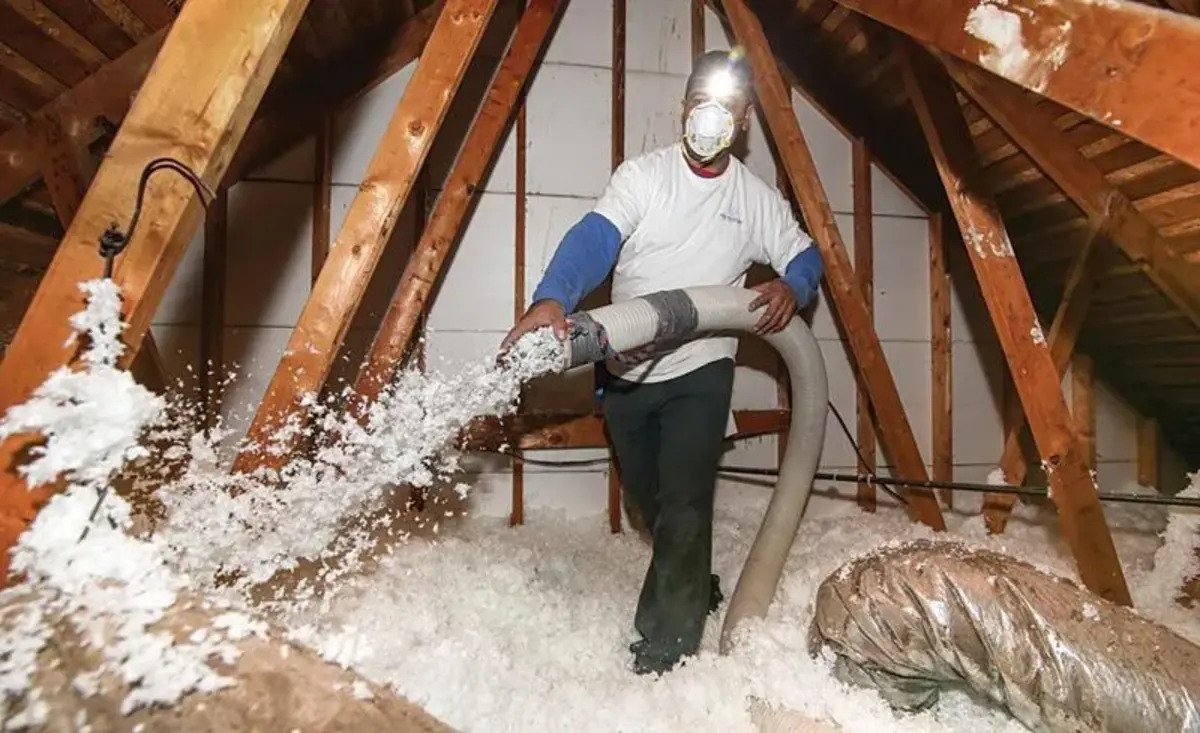
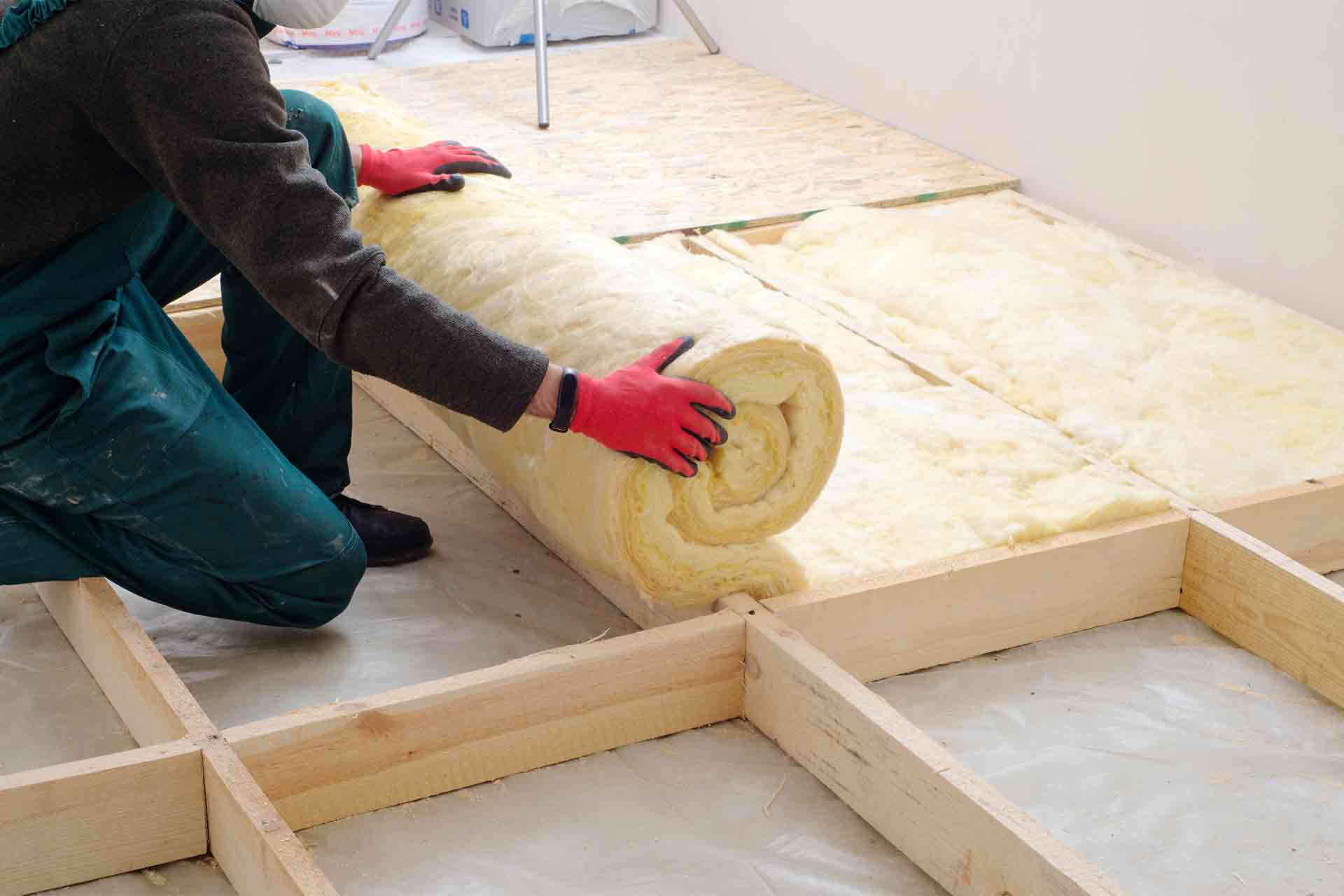

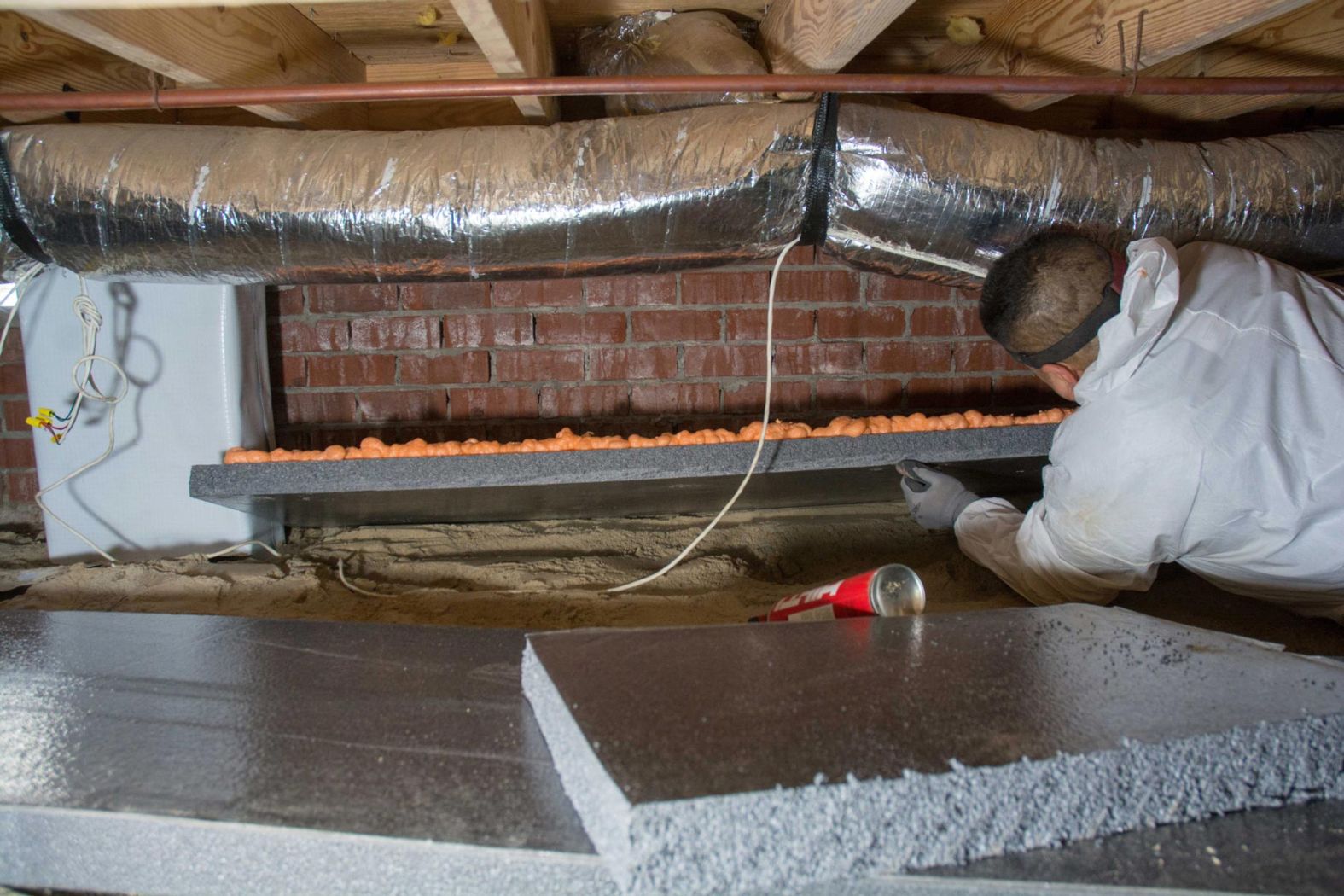
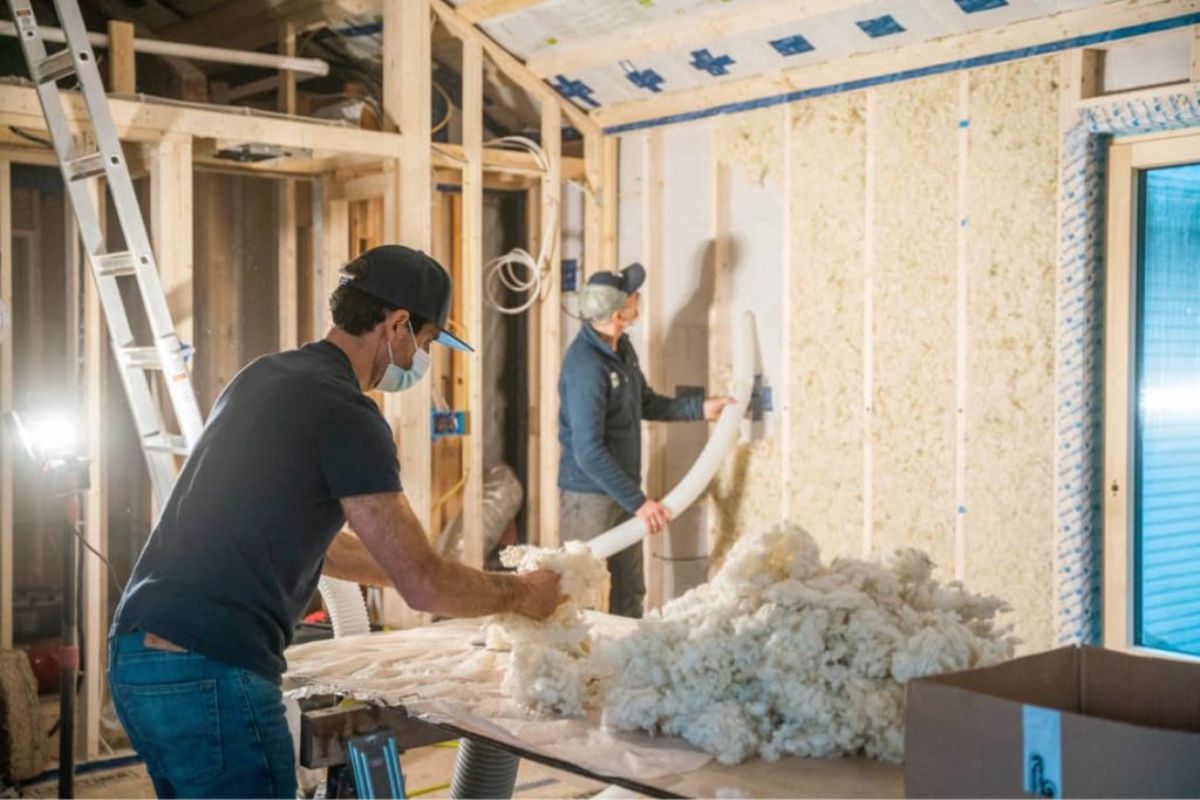
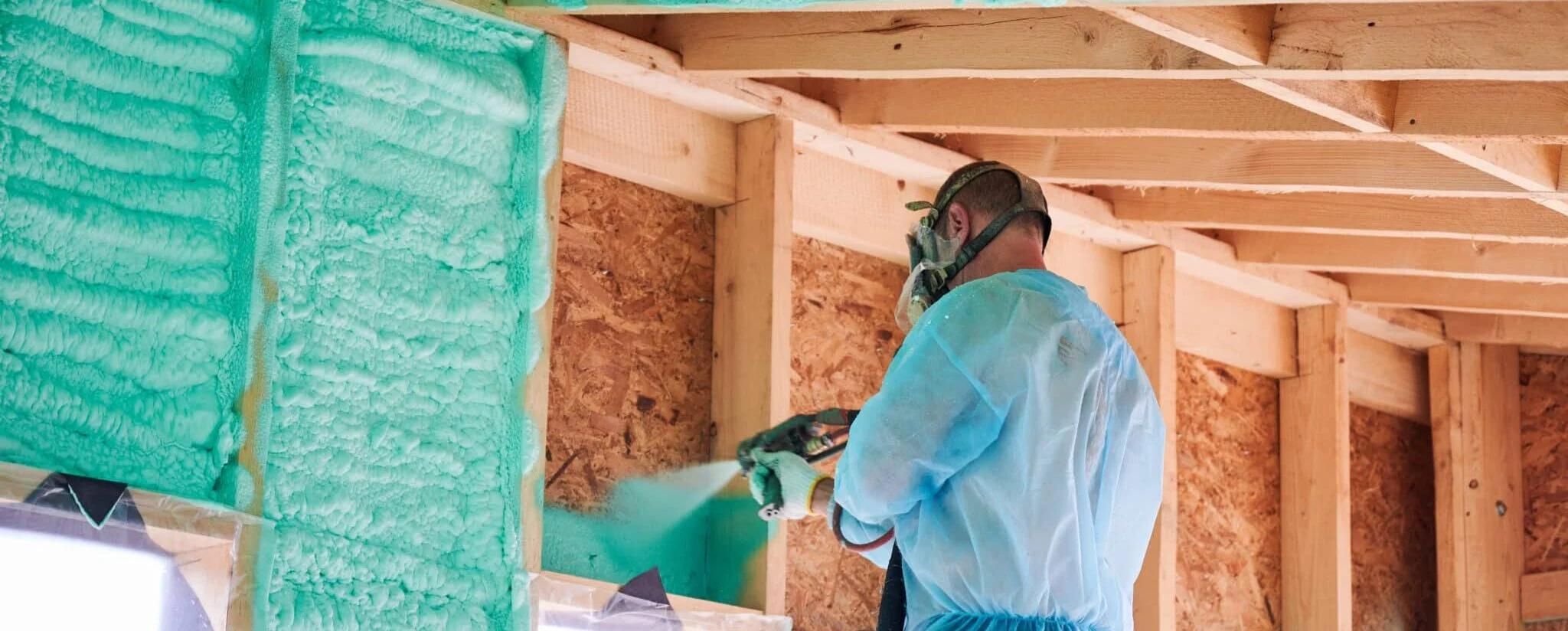
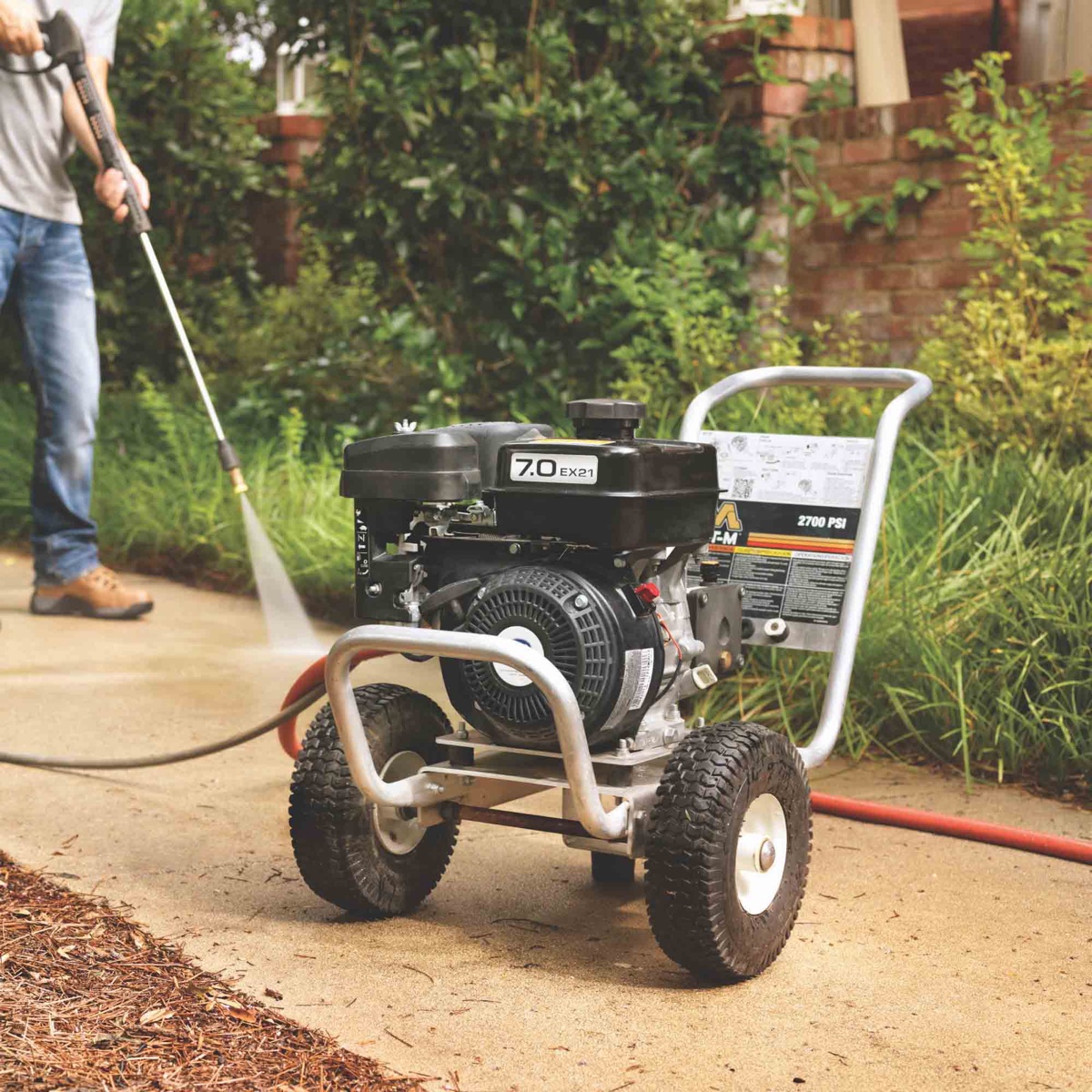
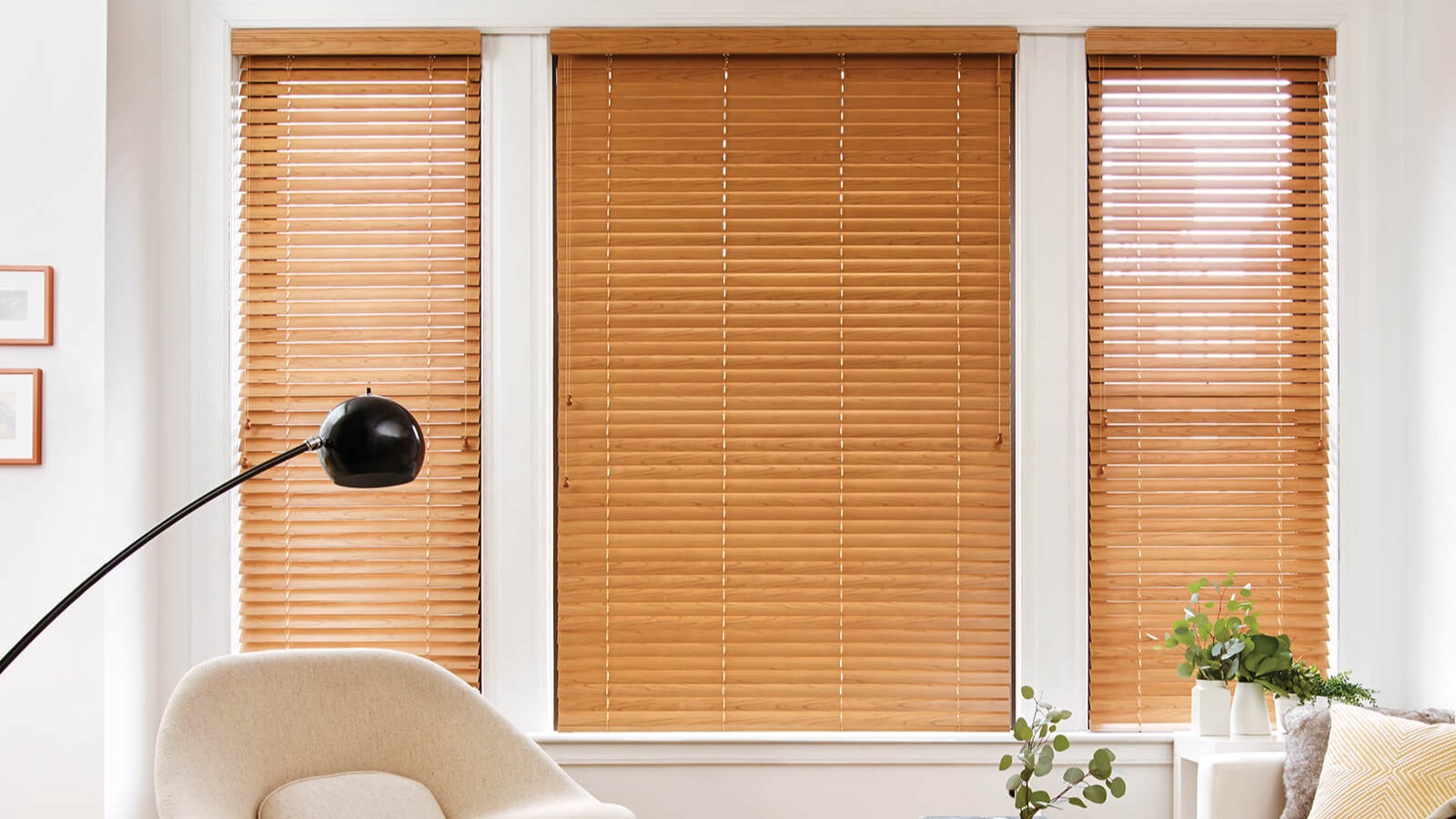
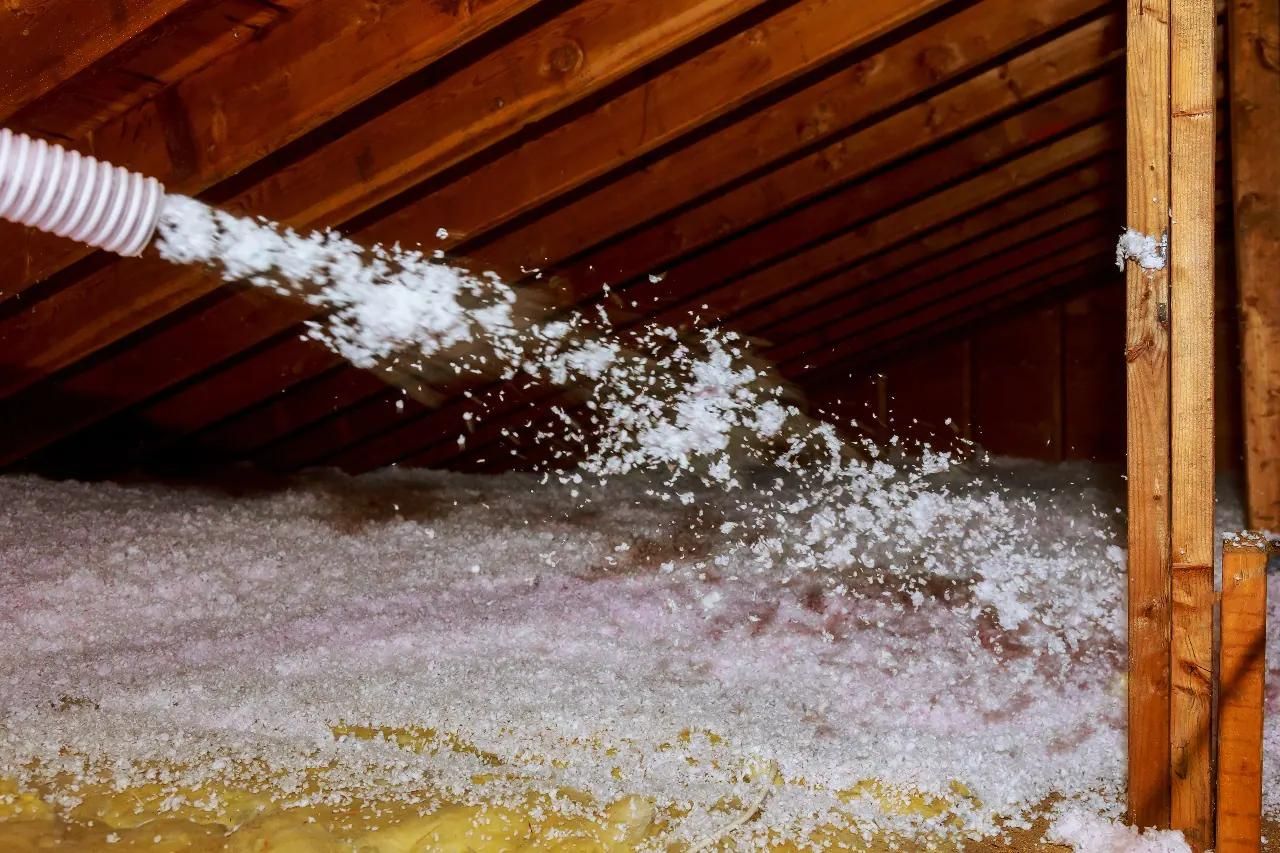
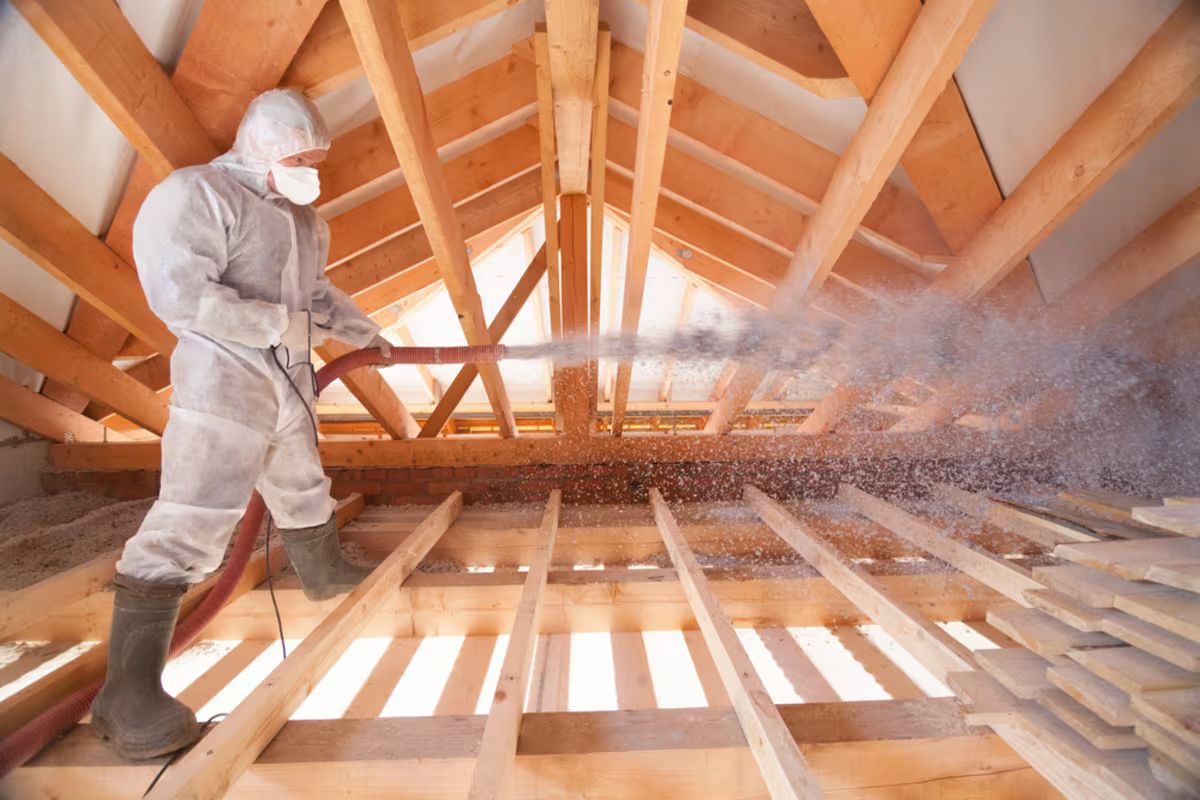

0 thoughts on “How Much Is Insulation At Home Depot”